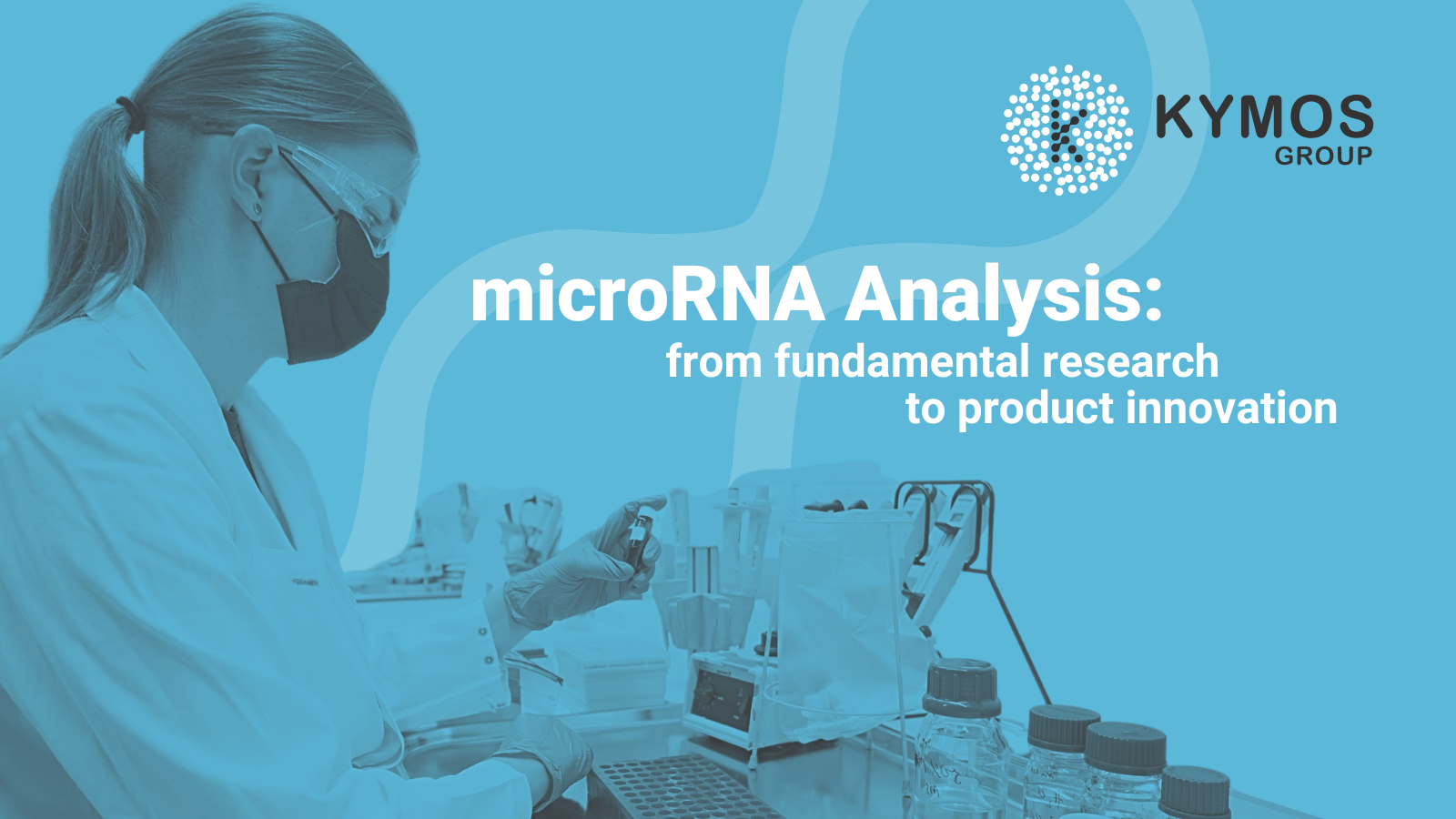
The Nobel Prize in Medicine for 2024 brings long-awaited recognition to a once-overlooked molecule: microRNA, or miRNA. This year, the prize is awarded to scientists and researchers Victor Ambros and Gary Ruvkun for the discovery and characterization of microRNAs and their role in regulating gene expression.
For decades, miRNA was dismissed as a “biological waste”, and assumed to hold little functional importance. But today, as researchers understand more about how these small molecules can influence diseases or act as genetic biomarkers, miRNA is taking center stage in diagnostic and therapeutic innovation.
Our German Site (formerly Prolytic) has been a pioneer in the field of miRNA bioanalytics since 2016. Therefore, positioning ourselves as innovators in this area, developing and validating methods to quantify miRNA according to GLP guidelines.
In the present article, we explore what miRNA is, its functions and therapeutic possibilities, and how we manage its analysis in our laboratories.
What is miRNA? Functions and Therapeutic Possibilities
miRNAs are small, single-stranded RNAs that typically range between 20-24 nucleotides in length and do not code for proteins. They are responsible for regulating gene expression guiding which genes are “turned on” or “off” inside the cell. This key function plays a role in the regulation of cellular processes, including normal cellular growth, differentiation, and death.
As such, there is a great future for miRNAs as biomarkers for a variety of diseases in the following years. Some miRNAs appear at certain levels following disease states; therefore, these miRNAs can be employed as early and precise diagnostic markers. For that reason, they play a vital role in acting as potential biomarkers in areas like oncology or cardiovascular medicine, where early diagnosis is crucial.
Besides genetic biomarkers, miRNA therapies have also been explored for their potential therapeutic use. Scientists and researchers are investigating how to mimic or inhibit particular miRNAs to modulate gene expression and target diseases such as cancer or genetic disorders. In fact, there have been some clinical trials registered to treat conditions like hepatitis C.
This Nobel Prize brings forward the importance of these tiny molecules and their use as biomarkers to act as early diagnosis tools and their potential to transform personalized therapy approaches. As of now, there are no miRNA-based drugs approved by the FDA, but the attention that this prize brings, plus the advancements in technologies make for an optimistic future.
Kymos Group and miRNA: A Commitment to Innovation
While the investigation of miRNAs was in very early stages and the scientific community was still evaluating the potential of these molecules, our Germany Site recognized that miRNA research would become central in molecular medicine in the future.
Taking advantage of the experience of our bioanalysis of nucleic acids department and with the collaboration of the Technical University of Darmstadt and the German Government, in 2016 we began developing and validating bioanalytical methods specifically designed for miRNA quantification, positioning ourselves as leaders in the field before many others. Fruit of this research a PhD was also obtained.
While the analysis of mRNAs and miRNAs can be performed by many laboratories, establishing robust methods of quantification is much harder to find. Our Germany Site provides validated methods that ensure accuracy and reproducibility, with adherence to Good Laboratory Practices (GLP).
This is ensured thanks to our nucleic acids team in Germany which counts with experts that have years of experience working with DNA and RNA, and that have focused their efforts on the development and validation of standardized and reproducible methods for a large variety of oligonucleotides.
miRNA Quantification: Our Experts in RT-qPCR
As seen before, accurately quantifying miRNA requires specialized scientists but also cutting-edge techniques and equipment. These molecules are present in extremely low numbers in biological samples, and even minor changes in the levels of miRNA may be significant in the diagnosis of a disease.
Our Germany site specializes in Reverse Transcription Quantitative PCR (RT-qPCR), a technique that is ideally suited for miRNA analysis. This specific technique has the precision, sensitivity, and specificity required to quantify and perform exact measurements of the slightest quantities of miRNA.
The combination of RT-qPCR with our decades’ worth of experience working with large pharma companies, small biotech, and gene therapy innovators make sure that our methods are robust, reliable, and clinically suitable. Kymos Group is also proficient in method transfer and basic R&D for the development of nucleic acid bioanalytical methods from scratch for the analysis of miRNA, but also other nucleic acids such as mRNA, siRNA, aptamers, antagomiRs, or DNA.
Conclusions
The future of miRNA research holds great promise and potential. As our knowledge of miRNA grows, so will the possibilities of applying such molecules in early diagnostics and targeted therapies. In this future perspective, miRNA may afford novel means for early disease detection, monitoring disease progression, and treating diseases by directly targeting the root causes thanks to personalized treatments tailored to one’s genetic profile.
We are proud to say that Kymos Group, and specifically our Germany Site has contributed to the success of this molecule, previously taken for granted. With our history of anticipating scientific advancements and our commitment to help bridge the gap between scientific discovery and clinical application, we stand ready to support the next wave of miRNA and RNA advancements.
We want to lastly congratulate both Victor Ambros and Gary Ruvkun for their Nobel Prize as this award is a recognition of both their work and the importance of miRNA.
If you need more information about these advancements or any assistance with your nucleic acids projects, please contact commercial@kymos.com. We will be pleased to provide you with detailed consulting and support.

